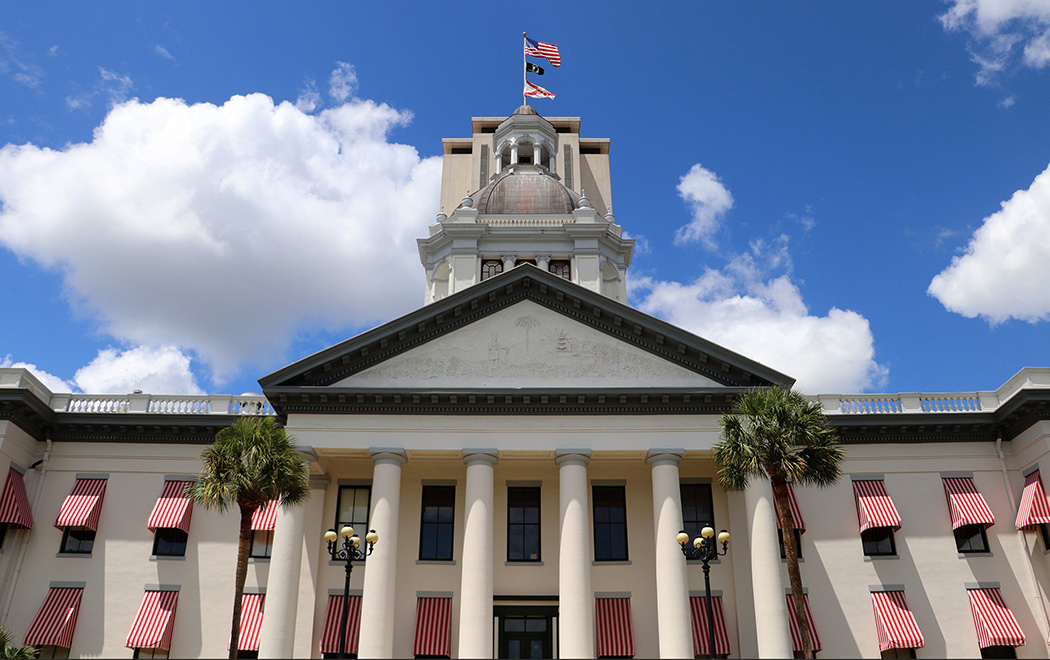GAINESVILLE, FLORIDA, Feb. 26, 2024 at 5:45:21 PM EST – The last of 12 federal defendants was sentenced for drug-trafficking and firearm charges related to a joint federal and state investigation into the 4K criminal street gang in the city of Alachua, Florida. The sentences were announced by Jason R. Coody, United States Attorney for the Northern District of Florida.
“Our law enforcement partners’ concerted investigation and prosecution of violent crime – here acts of murder and retaliatory gun violence by rival gang members – is central to our mission to protect the public,” said U.S. Attorney Coody. “The sentences imposed in this investigation, some spanning multiple decades, illustrate our shared resolve to keep our communities safe and the significant consequences associated with gun violence by gang-affiliated drug traffickers.”
The Federal Bureau of Investigation (FBI) Safe Streets Task Force began an investigation of the 4K gang following a number of gang-related shootings in the city of Alachua in 2018.
The FBI worked with the Alachua County Sheriff’s Office and the Alachua Police Department to investigate the initial shooting and numerous other shootings thereafter. The Drug Enforcement Administration (DEA) aided through investigation of 4K’s drug-trafficking activity.
Between Feb. 22, 2020, and May 20, 2020, the United States Attorney’s Office, FBI, and DEA obtained six court-authorized Title III wiretaps on cellphones used by members of the drug-trafficking conspiracy. On May 20, 2020, federal search warrants were executed, and four individuals were federally arrested, with others being indicted in June and August 2020.
The federally sentenced defendants, which included 4K gang members and associates, as well as people selling drugs to the 4K gang, were:
Roddrae Antonio Williams, 32, Alachua, Florida, 480 months in prison, followed by 10 years of supervised release.
Elboric Quadarius Robinson, 32, Alachua, Florida, 336 months in prison, followed by 8 years of supervised release.
Decoda Kadarrell King, 36, Williston, Florida, 168 months in prison, followed by 8 years of supervised release.
Eric Jermaine Williams, 42, Gainesville, Florida, 104 months in prison, followed by 5 years of supervised release
Daniel Heath Willis, 30, Alachua, Florida, 96 months in prison, followed by 8 years of supervised release.
Morris Cordell Robinson, Jr., 58, Alachua, Florida, 78 months in prison, followed by 10 years of supervised release.
Gregory Lavough Williams, Jr., 44, Yorba Linda, California, 48 months in prison, followed by 4 years of supervised release.
Rakeidra Alexandria Neal, 33, Gainesville, Florida, 14.5 months in prison, followed by 5 years of supervised release.
Rayme Herhandez, 47, Morriston, Florida, 12 months and 1 day in prison, followed by 8 years of supervised release.
Tomeka Necole Bryant, 44, Gainesville, Florida, 12 months and 1 day in prison, followed by 2 years of supervised release.
Edward Lashawn Garrison, Jr., 27, Fort White, Florida, 10 months in prison, followed by 3 years of supervised release.
Lorenza Durr, 33, Alachua, Florida, 8 months in prison in prison, followed by 3 years of supervised release.
“The Alachua County Sheriff’s Office recognizes the grave threats posed by drug trafficking and firearm violations,” said Sheriff Emory Gainey. “We understand that multi-agency cooperation is not merely a strategy but an essential approach to addressing these challenges. Together, we stand united in our mission to protect our neighborhoods and uphold the rule of law.”
“The sentencing of Roddrae Williams brings to a close a years-long joint investigation involving multiple law enforcement and investigative partners.”
“The cooperation between these agencies resulted in the successful prosecution of these 12 individuals who terrorized our local communities,” said Alachua Police Chief Jesse J. Sandusky. “We are thankful for the assistance we received from our partners and hope that this can help bring closure to the victim's families."
Charges by the Eighth Judicial Circuit State Attorney’s Office were brought against the following:
Hakiem Brockman, 25, West Palm Beach, Florida, pled nolo contendere to second degree murder with discharge of a firearm causing death, conspiracy to commit first degree murder, and four counts of attempted murder in the first degree with discharge of a firearm. Brockman was sentenced to 35 years in prison, 25 of which will be served day-for-day.
McKenzley Edwards, 30, Alachua, Florida, pled nolo contendere to six counts of attempted second degree murder with discharge of a firearm and actual possession of a firearm by a convicted felon, tampering with a witness, victim, or informant, and one count of conspiracy to commit first degree murder (premeditated) and attempted murder. Edwards was sentenced to 25 years in prison, 20 of which will be served day-for-day.
Kenzel Edwards, 28, Alachua, Florida, pled nolo contendere to three counts of attempted second degree murder with a firearm and was sentenced to 15 years in prison, 10 of which will be served day-for-day.
Jeffery Robinson, Jr., 29, Alachua, Florida, pled nolo contendere to accessory after the fact to the murder and was sentenced to 5 years in prison.
Roddrae Williams pled guilty to conspiracy to commit first degree murder (premediated) and is pending sentencing
“Each of these violent felony offenders posed a significant risk to the safety of our community. Thanks to the professional, expert work of this task force and our prosecutors, this community will be protected from further violence by these offenders,” said Brian Kramer, State Attorney for the Eighth Judicial Circuit.
“These sentencings demonstrate the FBI's relentless determination to eradicate drug-fueled gang violence that is plaguing communities,” said FBI Jacksonville Acting Special Agent in Charge Mark Dargis. “Disrupting organizations like this one is a critical part of the FBI mission, and we will use every legal means available to hold accountable those who threaten our neighborhoods. The rule of law is not optional, and we want to make clear to other gangs operating in our communities: the FBI and our local, state, and federal partners are coming for you, and the violence won't be tolerated.”
“DEA’s top priority is protecting the safety and health of our Florida communities. Drug trafficking and associated violence puts our communities in danger,” said DEA Special Agent in Charge Deanne L. Reuter. “The DEA Miami Field Division remains committed to working with our local, state, and federal law enforcement partners to reduce violent crime, remove dangerous drugs from our streets, and hold those responsible for distributing this poison in our communities accountable for their actions.”
These convictions were the result of a joint investigation conducted by the Federal Bureau of Investigation, the Drug Enforcement Administration, the Alachua County Sheriff’s Office, Alachua Police Department, Gainesville Police Department, University of Florida Police Department, Marion County Sheriff’s Office, and the Ocala Police Department.
The federal cases were prosecuted by Assistant United States Attorney James A. McCain, and the state cases were prosecuted by Assistant State Attorney Daniel Owen.
This effort is part of an Organized Crime Drug Enforcement Task Forces (OCDETF) operation. OCDETF identifies, disrupts, and dismantles the highest-level criminal organizations that threaten the United States using a prosecutor-led, intelligence-driven, multi-agency approach. Additional information about the OCDETF Program can be found at https://www.justice.gov/OCDETF.
This case is part of Project Safe Neighborhoods (PSN), a program bringing together all levels of law enforcement and the communities they serve to reduce violent crime and gun violence, and to make our neighborhoods safer for everyone.
On May 26, 2021, the Department launched a violent crime reduction strategy strengthening PSN based on these core principles: fostering trust and legitimacy in our communities, supporting community-based organizations that help prevent violence from occurring in the first place, setting focused and strategic enforcement priorities, and measuring the results.
As part of its PSN strategy, the United States Attorney’s Office is encouraging everyone to lock their car doors, particularly at night. Burglaries from unlocked automobiles are a significant source of guns for criminals in the Northern District of Florida. Please do your part and protect yourself by locking your car doors.
The United States Attorney’s Office for the Northern District of Florida is one of 94 offices that serve as the nation’s principal litigators under the direction of the Attorney General. To access public court documents online, please visit the U.S. District Court for the Northern District of Florida website. For more information about the United States Attorney’s Office for the Northern District of Florida, visit http://www.justice.gov/usao/fln/index.html.
Email editor@
alachuatoday.com
# # #


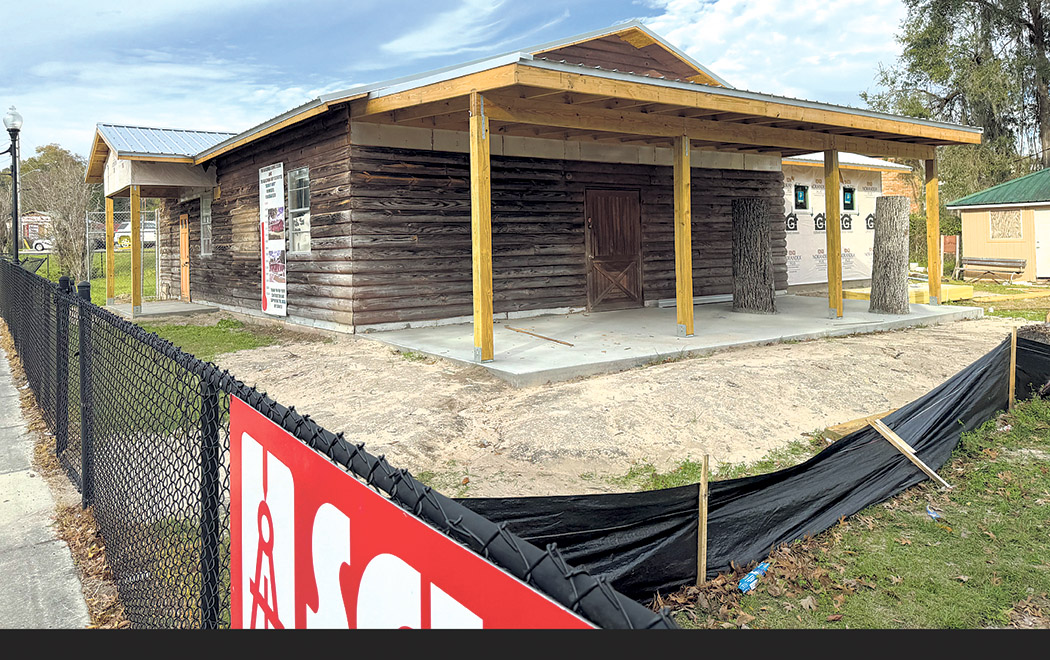

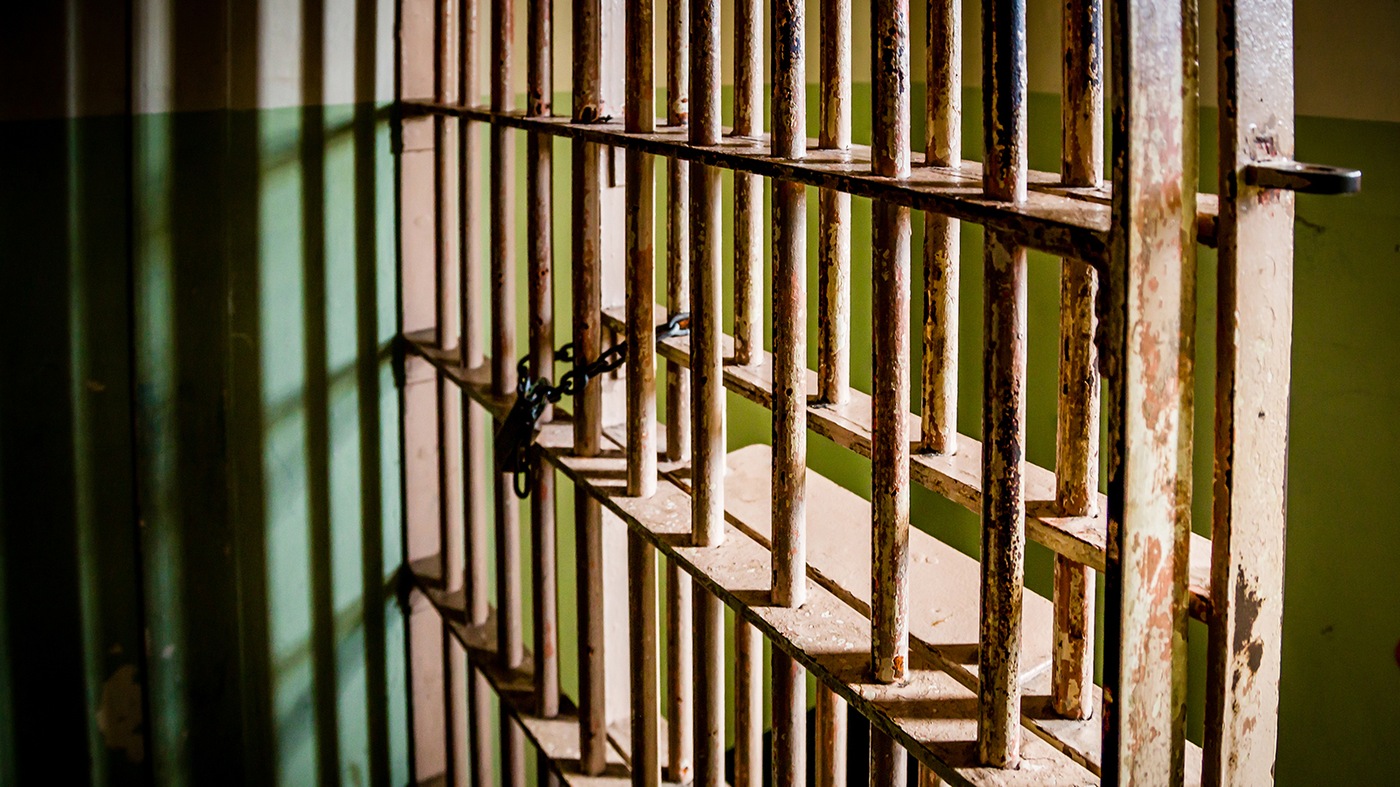
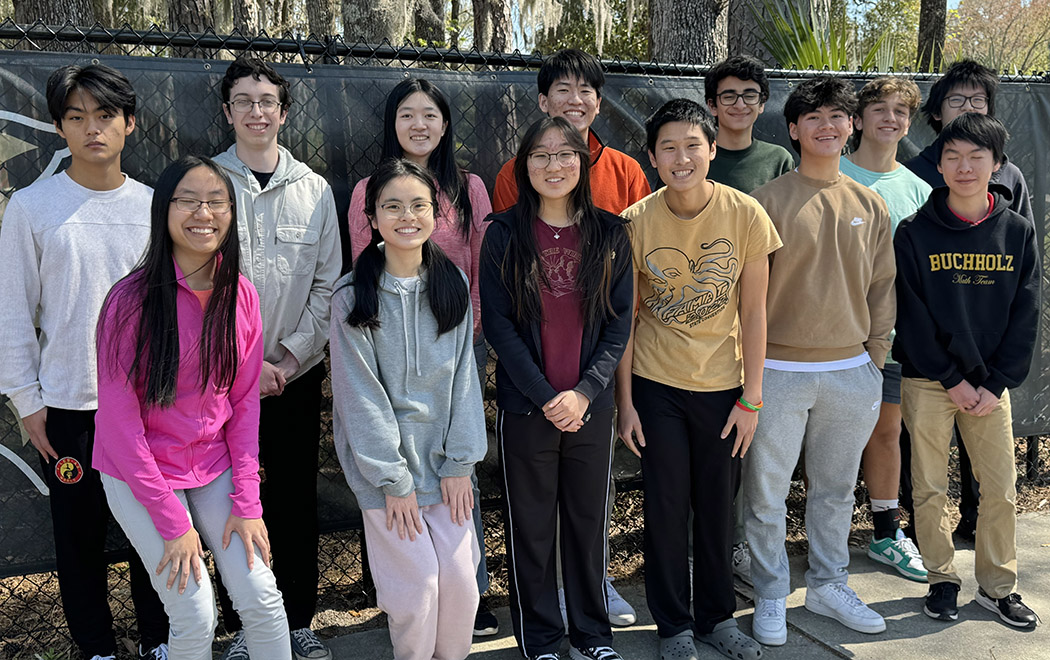
 Earnin
Earnin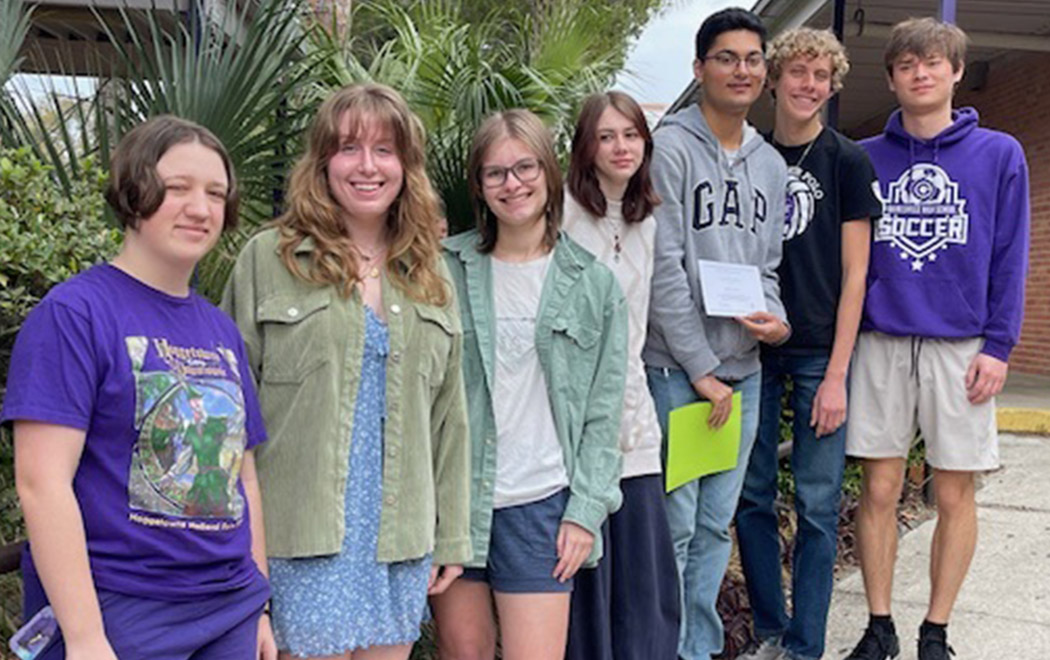 g finalist status has long been recognized as an indicator of high academic achievement. There are several standards students must achieve to become National Merit finalists.
g finalist status has long been recognized as an indicator of high academic achievement. There are several standards students must achieve to become National Merit finalists.